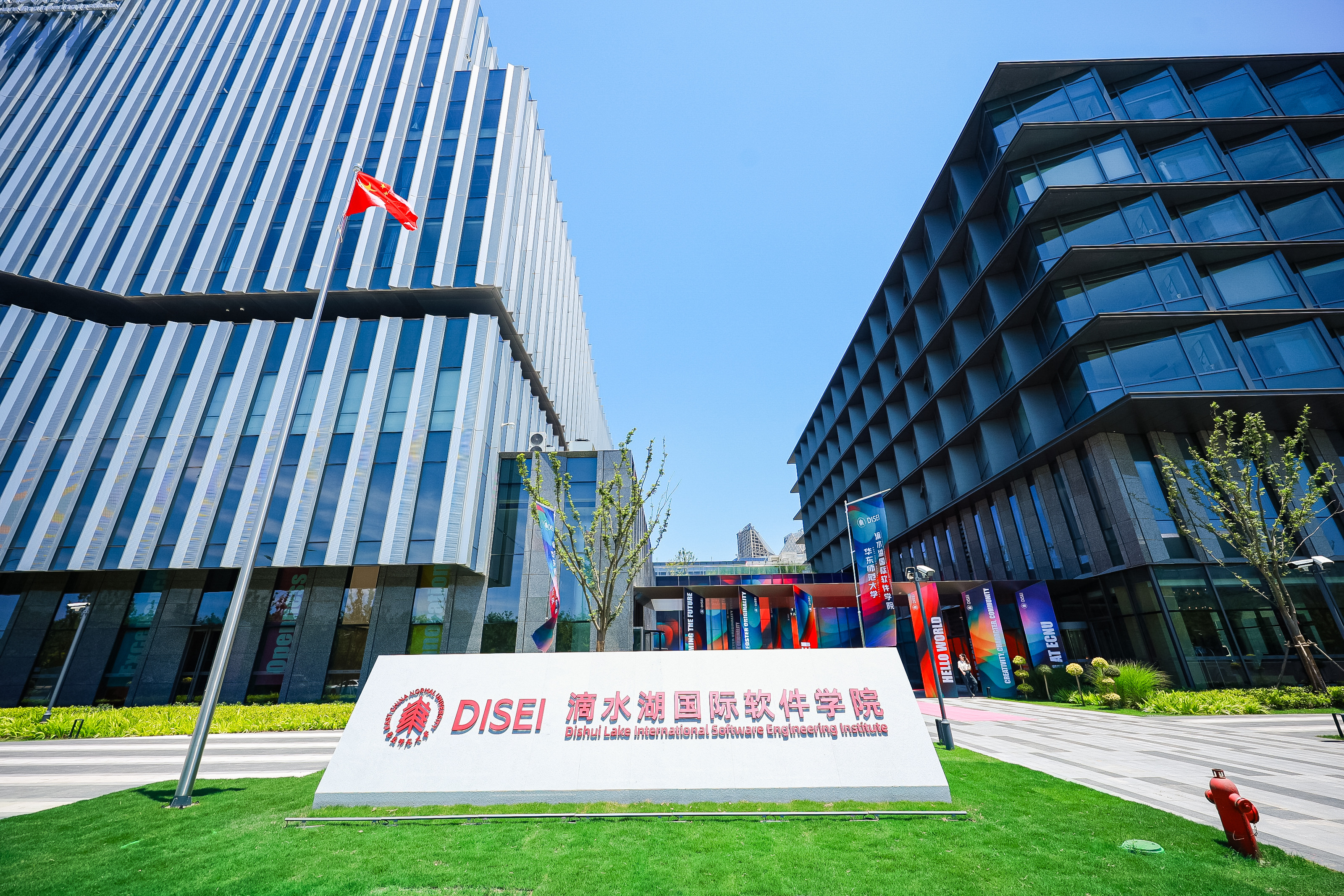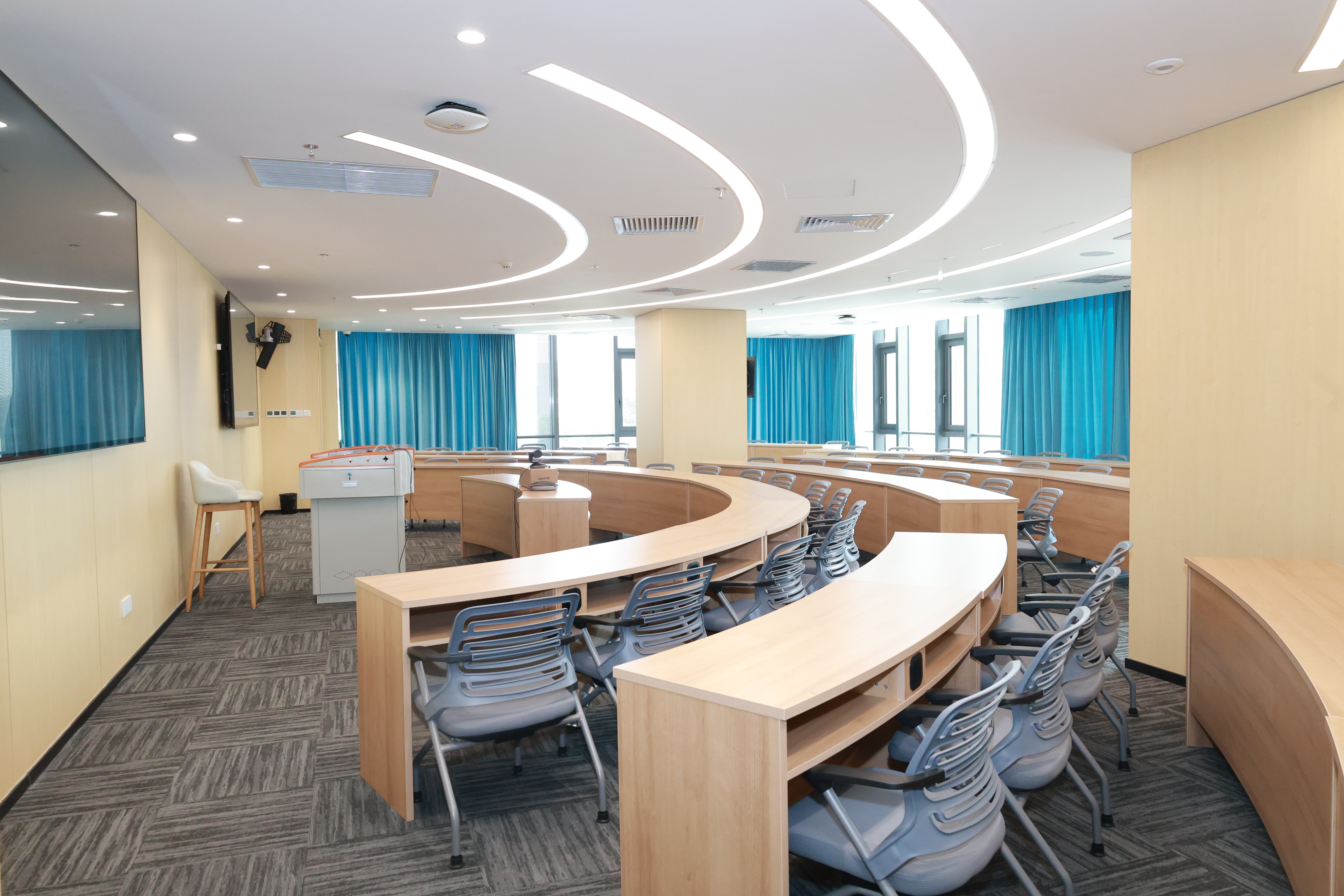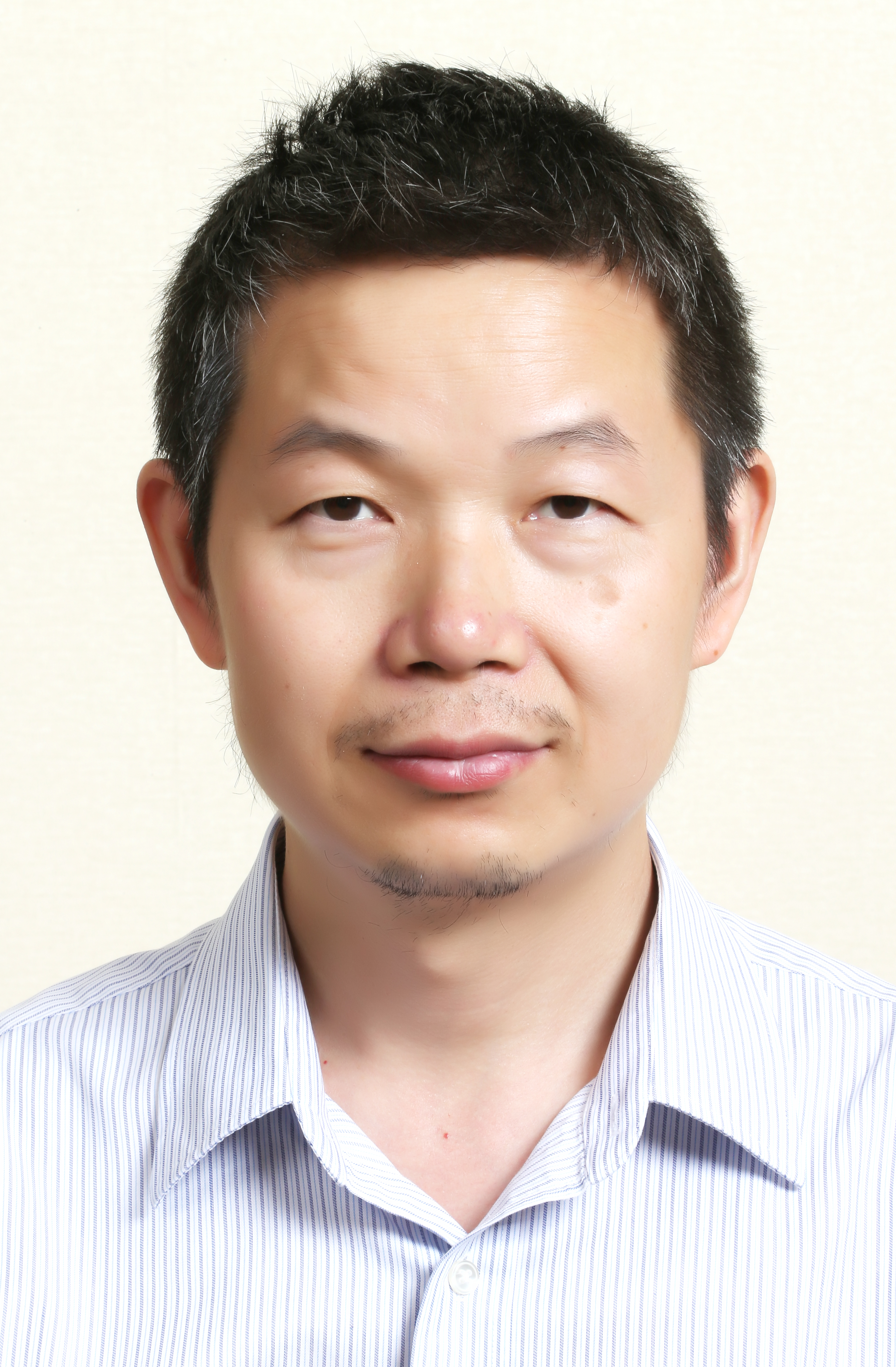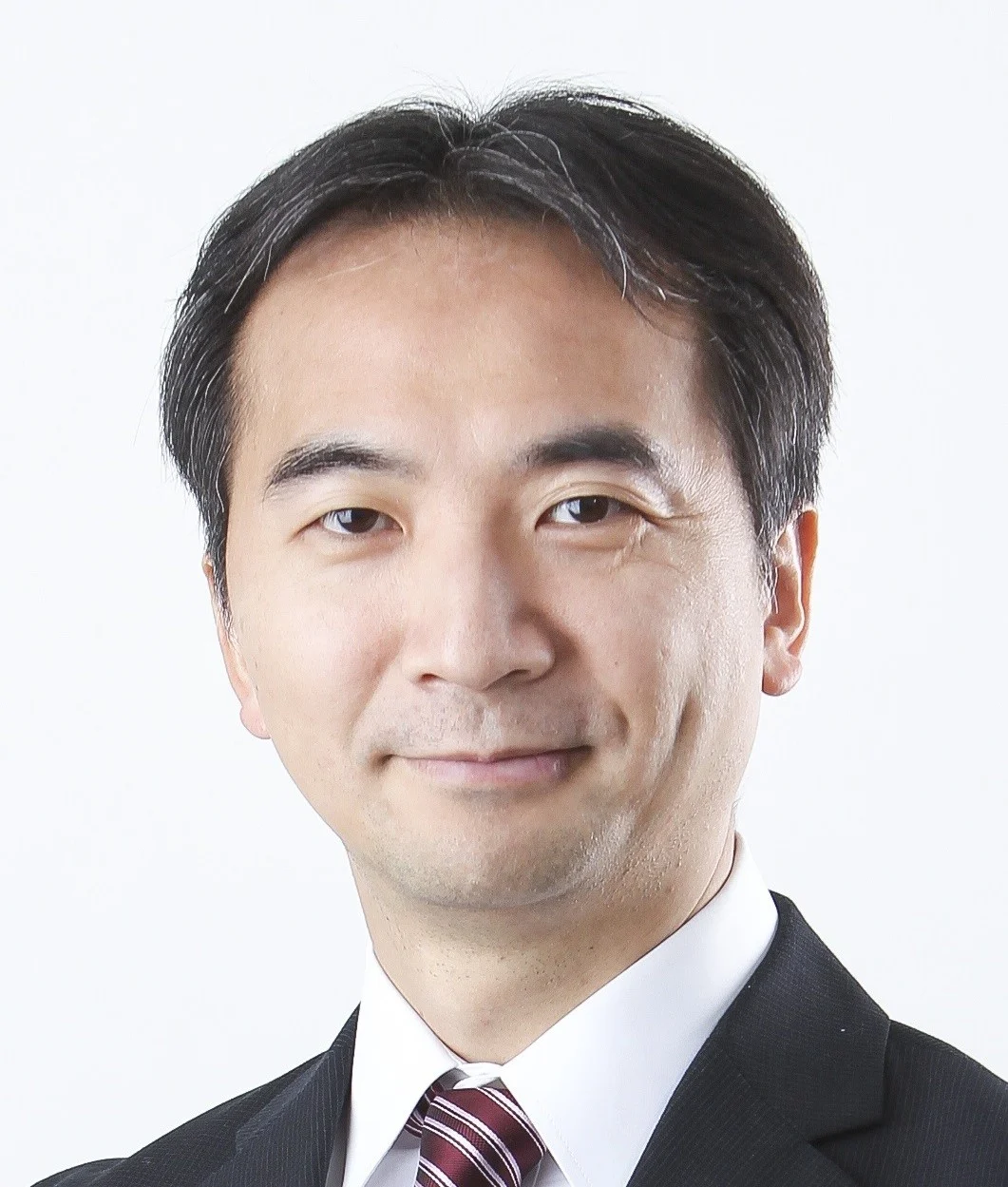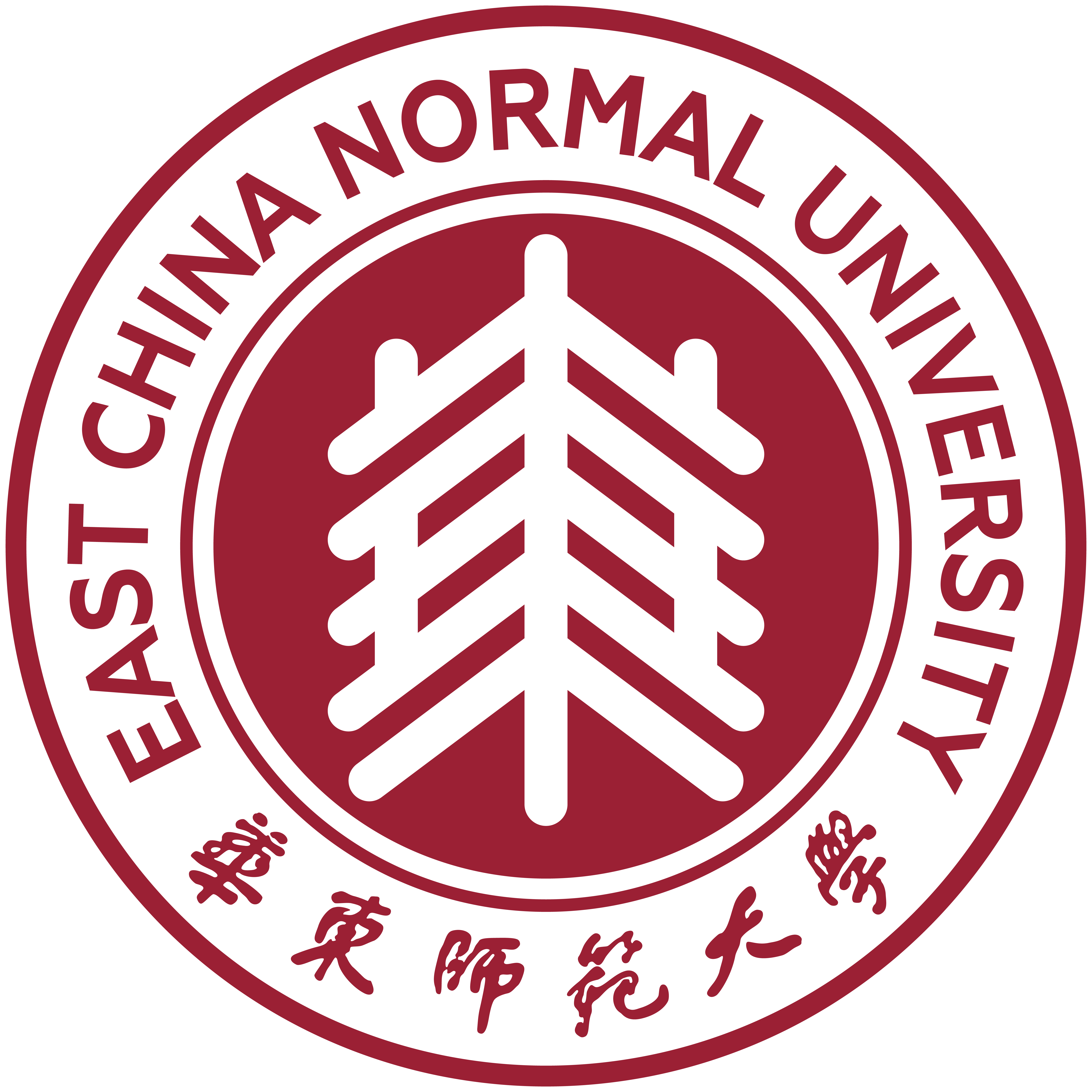Symposium Organizers
Steering Committee
Tadashi Dohi, Hiroshima University, Japan
Shaoying Liu (Chair), East China Normal University, China
Geguang Pu, East China Normal University, China
Tatsuhiro Tsuchiya, University of Osaka, Japan
General Chair
Shaoying Liu, East China Normal University, China
Program Chairs
Yuting Chen, Shanghai Jiao Tong University, China
Hiroyuki Okamura, Hiroshima University, Japan
Local Arrangement Chair
Weikai Miao, East China Normal University, China
Web and Registration Chairs
Min Zhang, East China Normal University, China
Yuxiang Shang, Hiroshima University, Japan
Program Committee
Yamine Ait Ameur, IRIT/INPT-ENSEEIHT, France
Yuting Chen, Shanghai Jiao Tong University, China
Yoonsik Cheon, University of Texas at El Paso, United States
Yujun Dai, Hiroshima University, Japan
Jin Song Dong, National University of Singapore, Singapore
Mara Downing, University of California Santa Barbara, United States
Dingbang Fang, Fujian Normal University, China
Sun Jun, Singapore Management University, Singapore
Jingyue Li, Norwegian University of Science and Technology, Norway
Jiandong Li, Peking University, China
Yang Li, Hiroshima University, Japan
Chen-Kai Lin, Academia Sinica, Taiwan
Ai Liu, Nanjing University of Aeronautics and Astronautics, China
Haiyi Liu, Jiangsu Second Normal University, China
Shaoying Liu, East China Normal University, China
Fumiko Nagoya, Nihon University, Japan
Shin Nakajima, National Institute of Informatics, Japan
Kazuhiro Ogata, JAIST, Japan
Hiroyuki Okamura, Hiroshima University, Japan
Jun Pang, University of Luxembourg, Luxembourg
Lei Rao, Southwest Petroleum University, China
Yuji Sato, Hosei University, Japan
Wuwei Shen, Western Michigan University, United States
Xinfeng Shu, Xi’an University of Posts and Telecommunications, China
Tatsuhiro Tsuchiya, Osaka University, Japan
Pingyan Wang, Guangdong University of Petrochemical Technology, China
Xi Wang, Shanghai University, China
Zhen You, Jiangxi Normal University, China
Tao Zhang, Macau University of Science and Technology, Macau SAR
Jianjun Zhao, Kyushu University, Japan
